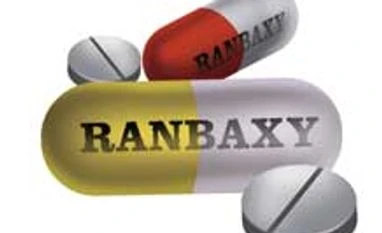The joint entity will have a market share of nine per cent in India. Analysts tracking the company said one of the key outcomes of the merger would be to create a single brand entity of Sun and the Ranbaxy brand would eventually dissolve.
"This is the most likely outcome and the merger was proposed keeping this in mind. This would be beneficial over a long term to have a single brand entity," said Sarabjit Kaur Nangra of Angel Broking.
More From This Section
During an interview to Business Standard after the announcement of the merger with Ranbaxy, Sun Pharma's managing director Dilip Shanghvi had indicated one of the options for the company was to create a single brand entity. Sun Pharma did not comment on the matter on Tuesday. Experts believe the consumer sub-brands might be retained by Sun.
Also, it might be difficult to retain an acquired brand for long, especially if it has not been bought purely for its brand strength. Ranbaxy had popular brands under its over-the-counter, or OTC, business, an area where pharma companies get to reach out to the end consumer themselves. Its Volini, the pain reliever, and Revital, a vitamin-based product, have been endorsed by Bollywood actors.
"These have the equity that Sun would not want to let go of. So sub-brands might be retained after giving a spin to the mother brand," said a marketing expert, who did not wish to be named.
The CCI nod on Monday took Sun Pharma closer to being the fifth-largest generic company in world by annual sales. Approval from US Federal Trade Commission and the High Court of Punjab and Haryana are still pending. In the wake of serious lapses at manufacturing facilities of Ranbaxy resulting into ban from exporting to the US market, Sun might prefer to drop the acquired company's brand. Ranbaxy had recently lost out to the US drug regulator, US Food and Drug Administration (FDA), in a US court in challenging the regulator's decision to strip of the Gurgaon-based company of six-month exclusivity periods for two major drugs - Nexium and Valcyte.
With an estimated revenue of $4.2 billion, the manufacturing units and range of globally-marketed specialty and generic products will belong to Sun, so will a broad pipeline of new drug launches. Right after the previous owner Japanese pharma company Daiichi Sankyo bought its promoter shares from Malvinder Singh and family, Ranbaxy's plants had come under the US FDA's scanner. However, according to Sayon Mukherjee of Nomura Financial and Securities (India), the Mumbai-based company might not need to do away with the Ranbaxy brand as it has a sizeable reputation in the trade.
| DEAL EFFECT |
|
)